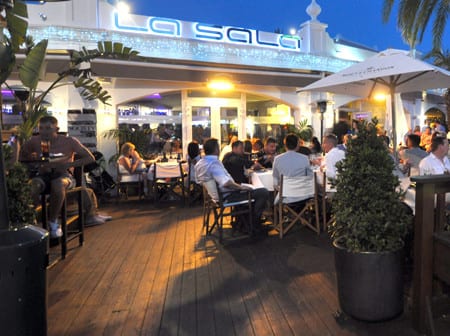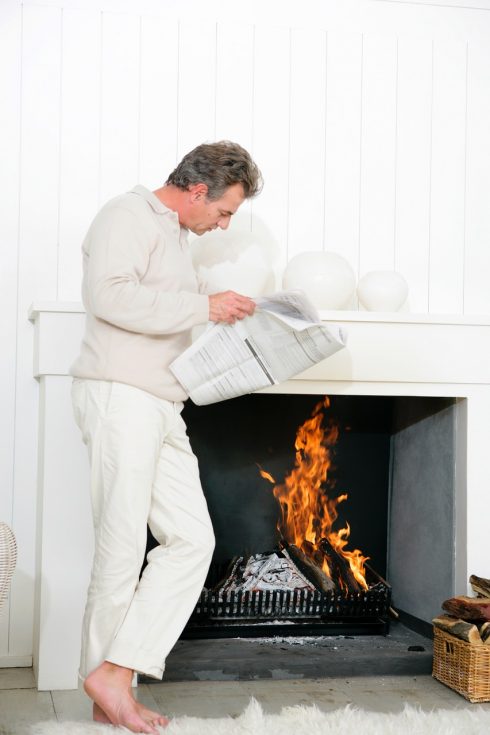EXPAT businesses across Andalucia have welcomed the news they could reopen in May following seven weeks of stasis.
However, they remain extremely cautious about making plans until the international tourist market returns.
It comes after Prime Minister Pedro Sanchez revealed his four-step ‘de-escalation’ plan last night after a week of positive COVID-19 data.
The plan vows that life will return to a ‘new normal’ by June, with restaurants, hotels and businesses allowed to gradually open throughout May – albeit at heavily reduced capacities.
As long as the numbers of infections continue to drop, restaurant terraces will be allowed to open, as well as hotels and other tourist accommodation, on May 11.
Some two weeks later, restaurant dining rooms can open for business, while cinemas, theatres and museums will also be allowed to take in clients.

Cultural events will be able to take place with a capacity of up to 400 people outdoors and 50 indoors.
By early June, it is envisaged that more restrictions will be lifted, although restaurants could still be limited to a capacity of just 50% with ‘strict separation’ between customers.
“I’m cautiously optimistic,” said British hotel and restaurant owner James Stuart, of the Califa group, in Vejer.
“Restaurants with a good reputation and clientele will do all right, particularly if they have decent sized outdoor terraces.”
He added that bookings for his 10 businesses were ‘pretty strong’ for July and August – mostly from Spanish clients – but that June would ‘most likely be a washout’.
“While I welcome the news and we will be opening a few restaurants and hotels as soon as we are allowed in May, we are worried about our larger ones.
“It is vital that town halls allow restaurants to have much more space for tables and that we are able to operate with smaller numbers of staff.
“In particular the government needs to let us know about the ERTE employment measures and give us more specifics about what are the barriers and spaces needed between tables,” he added.

Another long term hotel owner in Ronda, Andy Chapell, of Molino del Santo, said: “While I welcome the news and we will be delighted to reopen, I am very cautious until flights are restored to near-normal levels.
“Until then we will not be able to generate sufficient business to cover our costs.”
Meanwhile, the boss of Marbella’s landmark La Sala Group, was also cautiously optimistic, while admitting that his company would likely lose ‘over €6 million’ this year.
“While it is great news to hear that people can start to get back to their normal lives, and start the recovery of what was taken away from them, it’s not necessarily great news for businesses working mainly in the tourist market,” said Chairman Ian Radford.
“With our core market being mainly UK and Scandinavian, and the fact borders will not be open probably until July or beyond, being open will only increase our losses to date this year.
“We have lost over 12,000 reservations booked over the last 12 months and we have reduced our sales forecast by over €6 million for 2020.”

However, he continued that they had ‘bigger challenges’, such as trying to protect their 200-plus staff and families in the long term.
“We are working on finding a business model that protects our staff, but also provides our loyal customers with what they want.
“It will be a tricky balance to find, but we will find it. We have to!”
And he added: “Let’s put things into perspective there are so many people in much worse situations and we can only hope that something good for the world comes out of the misery.”
The plan laid out by Sanchez states that the country will come out of lockdown in four phases (0 to 3) over a two month period.
It follows an announcement on Monday that cafes, bars and restaurants will be allowed to open in Andalucia on May 25.
The Junta said it was considering only allowing punters to spend up to 30 minutes having breakfast and 90 minutes having lunch and supper to allow other clients to use the establishments.
It also talked of a reservation limit of four people while establishments must have air conditioning filters installed and strict disinfecting rotas. Its proposals have not yet been confirmed.








